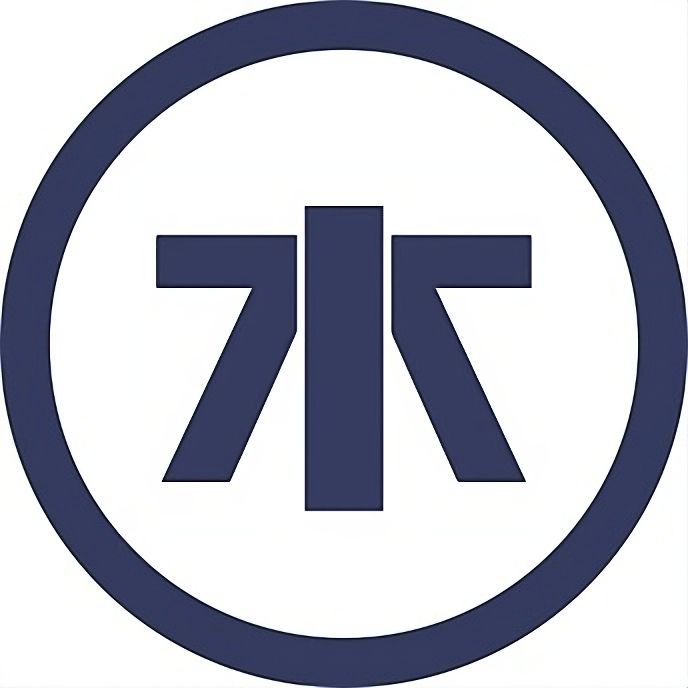Is JavaScript Hard to Learn?
One question that most beginners may ask is whether JavaScript is hard to learn. The answer to this question is to some extent biased and depends on several criteria. To someone who is learning programming for the first time, then he or she might find the language a bit complicated. But again, if the right practice is made and the right learning curve is followed, JavaScript is somewhat easier as a programming language. One of the problems learners meet is ‘quirks’ which makes JavaScript different from other programming languages. These quirks include type coercion, hoisting, and scoping rules—that can be confusing for beginners. However, it is necessary to realize the presence of these peculiarities to be able to write clean and efficient JavaScript.
Best Way to Learn JavaScript
Getting the most out of learning JavaScript involves the use of some approaches. Here are some recommended approaches:
- Begin with the fundamentals. To be more specific, try to understand the concepts like variables, data types, functions, and control structures. For easy and basic concepts, you can visit platforms like LearnTheQ.
- Hands-on practice is essential. Begin with small applications such as a to-do list application, a simple calculator, or a simple website. It is always a good idea to build projects as it acts as a revision tool and perfect way of getting first-hand experience.
- Coding bootcamps are highly structured courses that aim to make you become a JavaScript developer in a relatively short period. If you can spare dedicated time, they can fast-track you're learning and help you develop portfolio projects.
- Coding Platforms like Stack Overflow, Reddit, or GitHub. Learning from other learners and even professionals get encouragement, advice, and ideas from others.
- It is perfectly acceptable to make mistakes. Every developer should strive to have correct debugging and problem-solving abilities. Do not hurry, but instead, attempt to understand why the error has happened together with how it can be rectified.
Do I Need to Know JavaScript to Learn React?
React is a JavaScript library that specializes in creating UIs, though it is most commonly used in single-page applications. One main question that learners ask is whether one needs to have an understanding of JavaScript to be able to learn React: The answer is yes. React is based on JavaScript, and, therefore, good knowledge of the JavaScript language is necessary to work with React. To do this you need to have adequate JavaScript knowledge to understand the essentials of React including the components, props, state, and the virtual DOM.
Make sure that you are familiar with some of the basics of JavaScript before practicing React. This also refers to an appreciation of various ES6+ features such as arrow function, classes, destructuring, and modules. If you grasp the JavaScript fundamentals, studying React will be simpler, and you will be capable of utilizing its possibilities to the complete.

